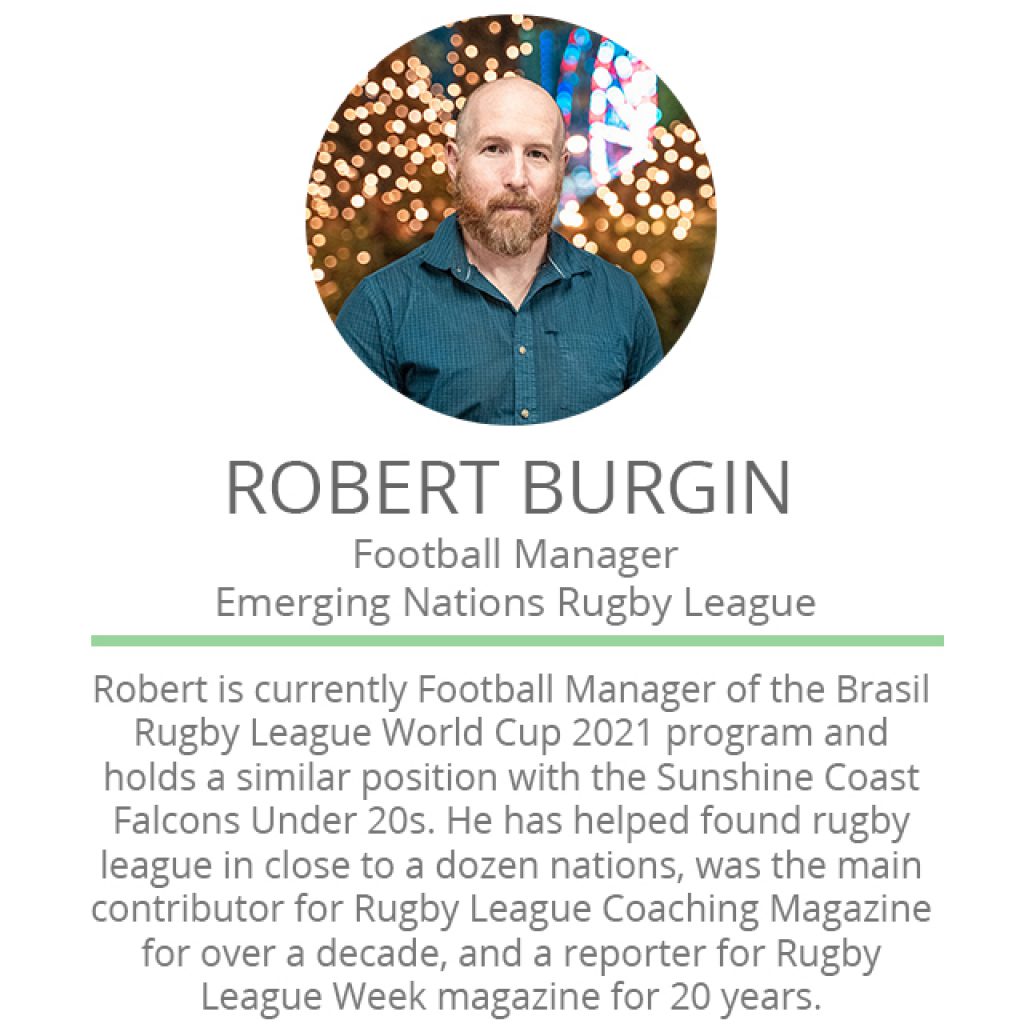What you show counts as much as what you know
“Nobody cares how much you know until they know how much you care.”
This catchy quote is often attributed to Theodore Roosevelt, the 26th president of the United States of America, although its origins are debated.
You’ll find this saying bandied around not only in coaching and mentoring environments, but also in business courses.
It has stood the test of time because it largely rings true.
Most of us will know an academic, an innovator or entrepreneur who couldn’t convert their wealth of knowledge into a tangible success or mobilise people to support them.
Alternatively, we often come across people of modest means who achieve things through pure passion, belief and perseverance because others see the goodness and wider benefit to their ambition.
As human beings we are hotwired to emotions, not too many of which occupy greater consideration than preservation of self and preservation of status.
When somebody with knowledge threatens those pillars, we don’t absorb or value what they have to say, no matter how pertinent.
In many cases, we form irrational opposition to what they tell us, independent of its truth.
Thinking about your favourite pursuits, can you name a handful of coaches or leaders who possessed a remarkable IQ, but were unable to impart that on those under their influence?
There are a few ways you can analyse the “Nobody cares how much you know until they know how much you care” quote.
One summary is that the listener doesn’t care until they see how much the disseminator is willing to do or invest themselves.
Further to this, it calls into question the motivations behind why someone is imparting knowledge.
The listener wants to know the intentions of the disseminator are sincere, selfless, non-threatening and in alignment with their own ambitions.
When there is synchronicity, that’s when the listener co-operates, respects and even champions the teachings of the disseminator to others.
In a sporting scenario, achieving ‘buy-in’ from athletes is critical, whether in an individual or team endeavour.
Characteristics like being empathetic, communicative, nurturing, responsive, trusting and respectful are central to the process, from both sides of the relationship.
At the same time a coach or mentor must be able to balance that with providing leadership, guidance and boundaries.
It’s not an easy equation to maintain, and requires regular appraisal to identify where opportunities to improve exist.
Developing those attributes in ourselves is vital.
Yet, it must also be recognised that developing those traits in the people we guide is equally important.
One of the most challenging things as a coach is maintaining open, honest communication with somebody who is not a comfortable or enthusiastic communicator.
How do you amend this situation? Through undertaking a 360-degree review of player competencies at the beginning of a relationship and formulating goals together.
Find out what motivates your athletes by asking, listening and exploring different stimulus.
Ask your athletes to help provide some of the boundaries of their environment.
What activities do they see as a reward for good work? What variables would they change with certain performance drills to make them more applicable or challenging?
Is there a leadership group within your team that can help map the expectations and consequences of player behaviour?
Consider that there may be a need to spend more time with the athletes who are not in your top squad, as opposed to the star playmakers.
These are the players where you can make marked improvement, who will maintain pressure on the top squad, set the minimum standard and who may play particular specialist roles as the season progresses.
Let them know that their role is valued. Assure them that you recognise they have ability and have a development pipeline to fine-tune their attributes.
Be comfortable displaying the fact that you care for your players.
This may mean recognising when you are playing the cards too close to your chest. If you’re not one for big smiles, hugs or jokes, it doesn’t mean pretending to be the life of the party or somebody you are not.
Simply softening relative to your usual demeanour will be enough for those around you to interpret the change in atmosphere.
Last, but not least, be sure to present as a role model of hard work and commitment.
Ethic and attention to detail get noticed, as do organisation, structure, morals, self-discipline and honesty.
Athletes will be largely reflective of the example set for them.
And if they become convinced that they know you care, they will begin to care about everything you know.







